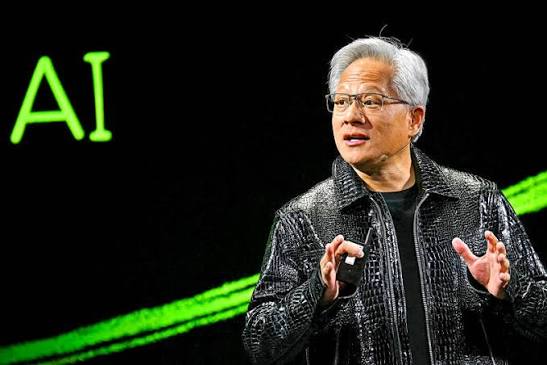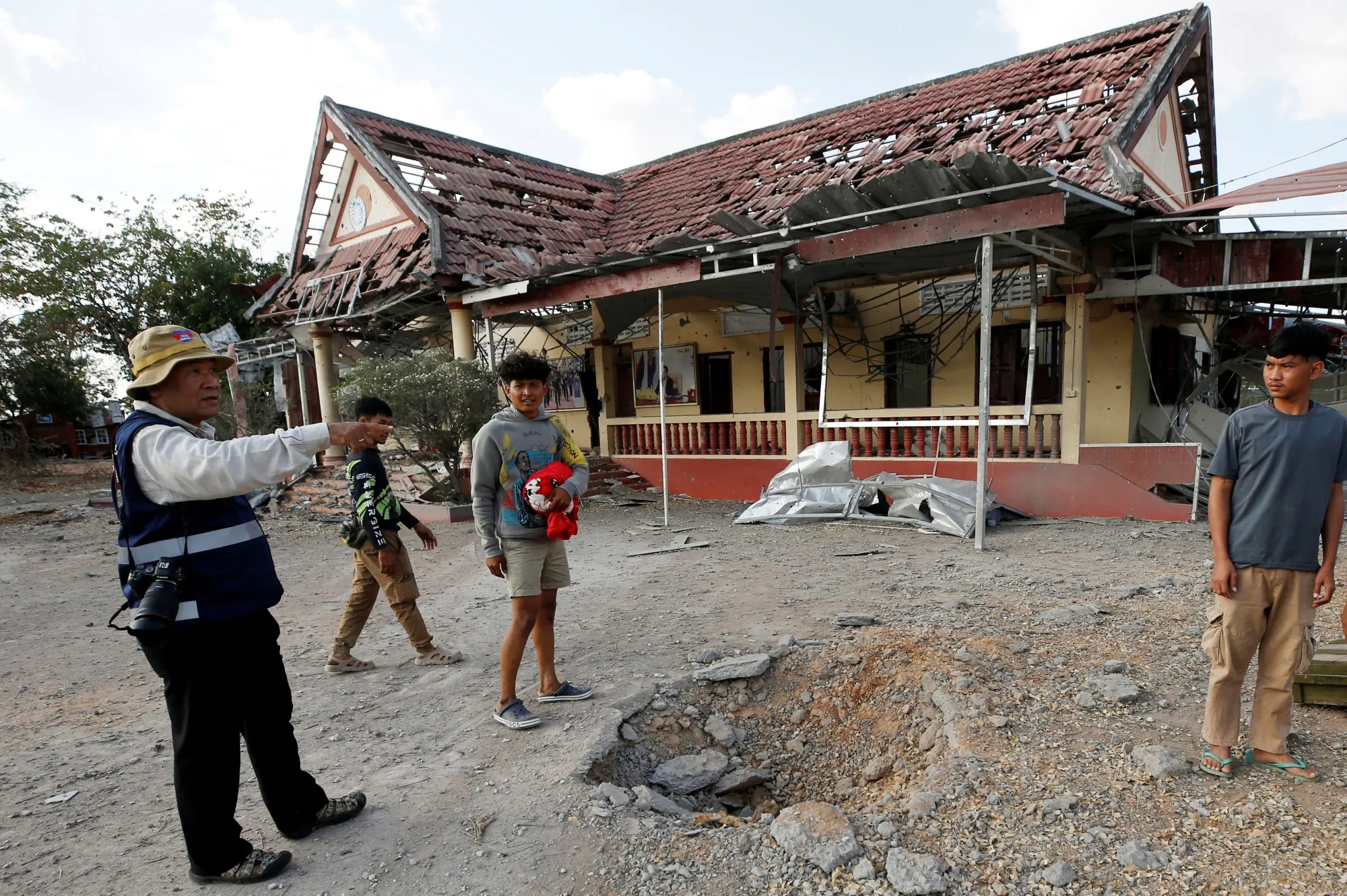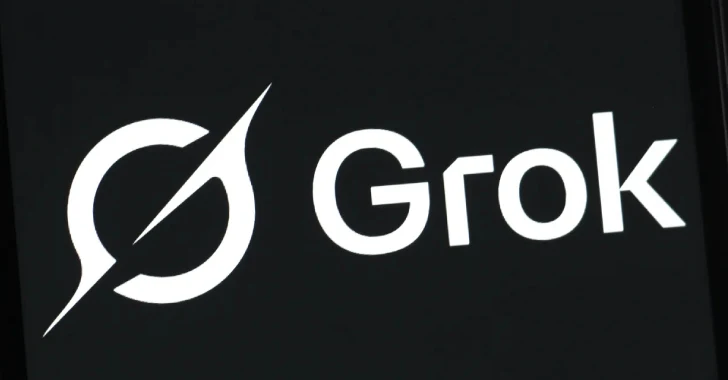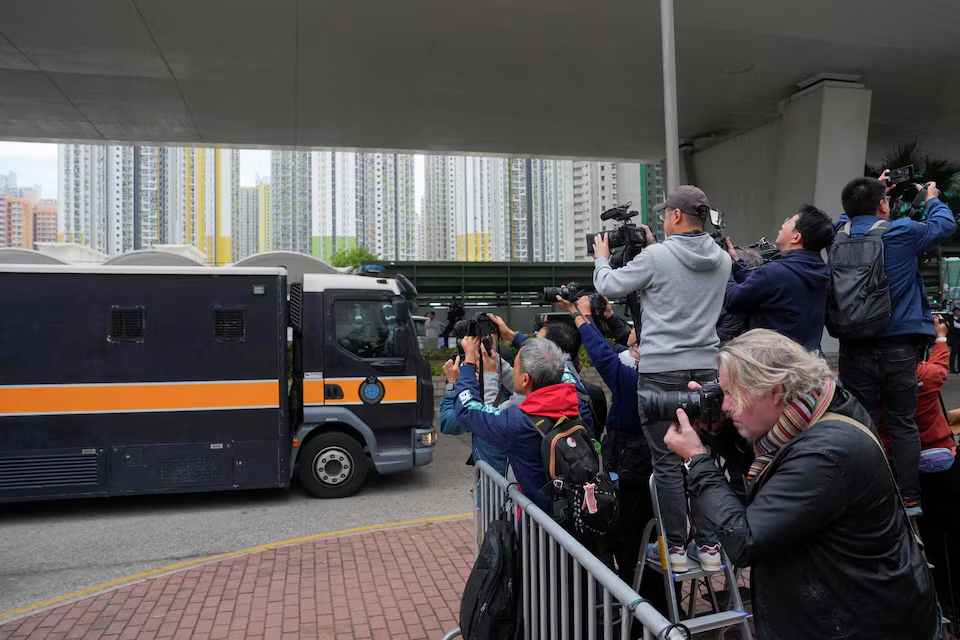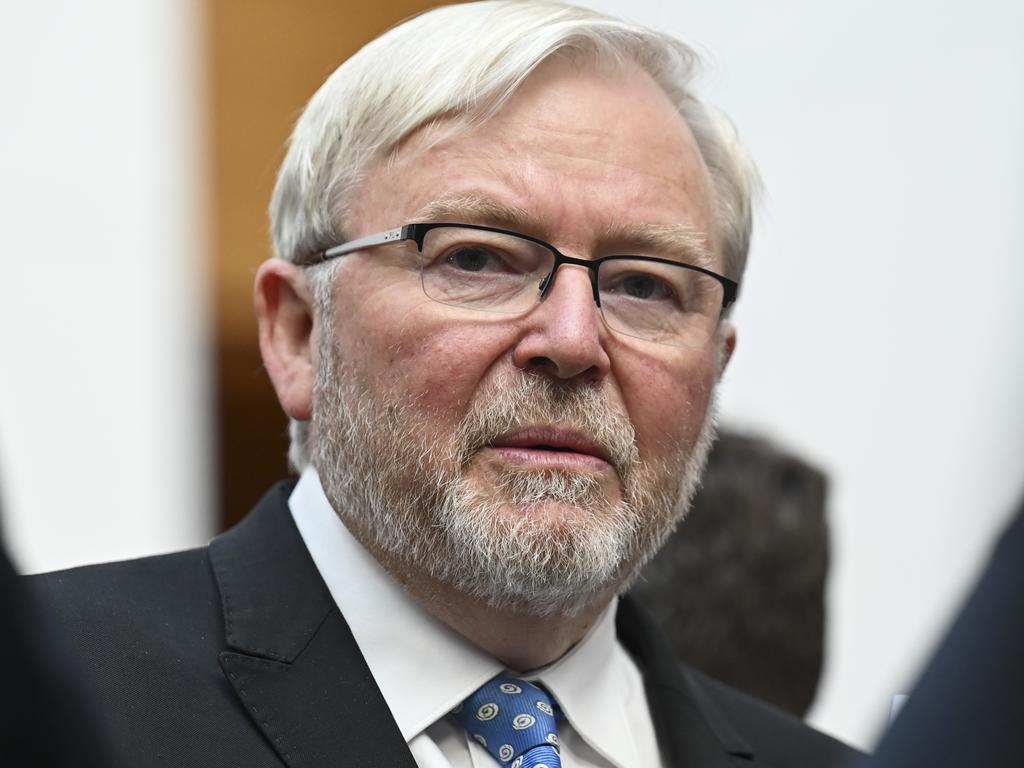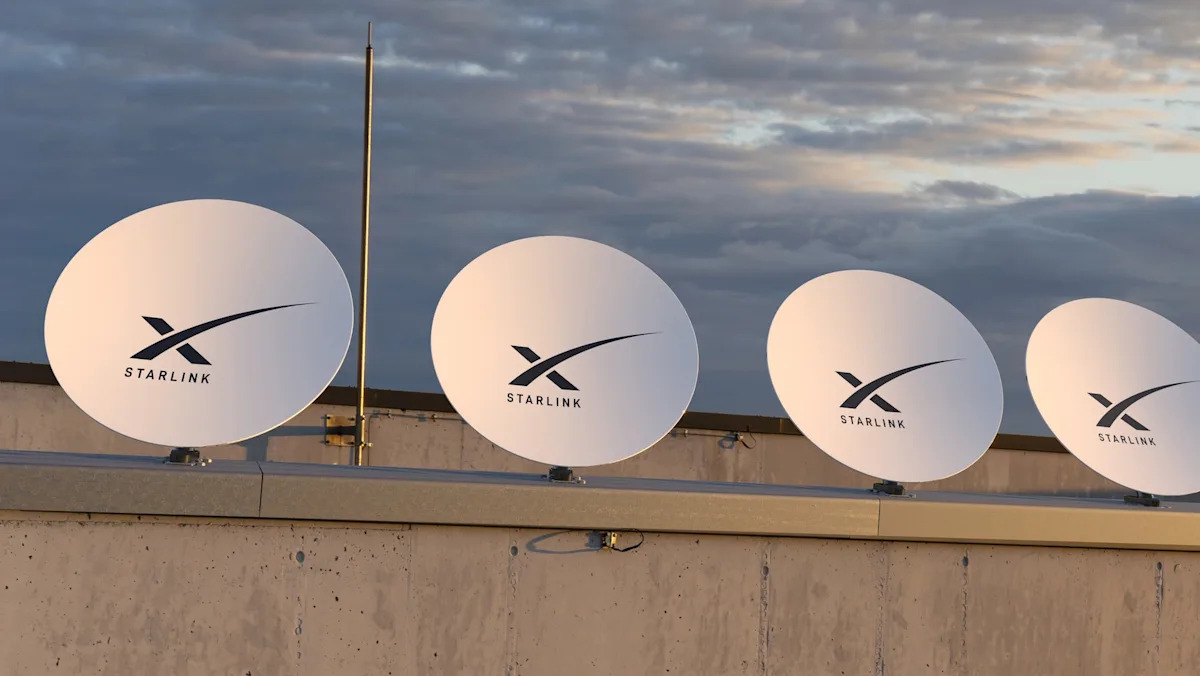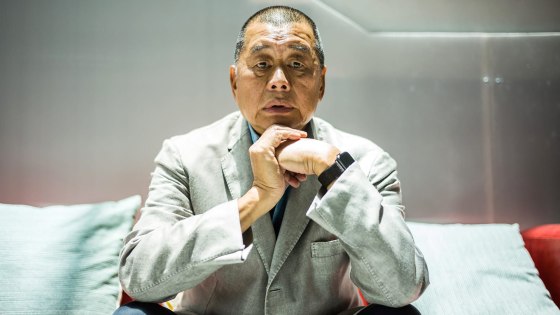Nvidia CEO Jensen Huang, declares that skilled trade jobs like electricians and carpenters will thrive as nations race to build AI data centers and factories.
As the world races to harness the power of Artificial Intelligence (AI), Nvidia CEO Jensen Huang says two of the most traditional professions—electricians and carpenters—are poised to benefit the most from the AI revolution.
Speaking in an interview with Channel 4 News, Huang said that while automation may reshape many office jobs, skilled trades will experience a boom driven by the massive global demand for data centers and chip factories.
“If you’re an electrician, a plumber, or a carpenter — we’re going to need hundreds of thousands of them to build all of these factories,” Huang said. “The skilled craft segment of every economy is going to see a boom.”
Huang, whose company dominates the market for Graphics Processing Units (GPUs) powering AI Systems, predicted that global investment in AI infrastructure will double every year to meet soaring demand. “You’re going to be building out AI infrastructure here in the UK for a decade,” he said, comparing the trend to the Industrial Revolution, which he described as being born out of necessity.
Read Also: Nvidia, Fujitsu Join Forces To Advance AI and Robotics By 2030
His remarks come amid growing concern that AI could displace millions of workers. While some experts predict mass white-collar layoffs, Huang insists the shift will create new categories of work — especially in the construction and maintenance of high-tech facilities.
Other industry leaders share his concern about the shortage of skilled labor. BlackRock CEO Larry Fink recently warned that the U.S. risks running out of qualified electricians needed to power the AI Buildout. Microsoft President Brad Smith echoed the sentiment during a congressional hearing, calling the shortage “the single biggest challenge” facing data center expansion.
According to a report by the Center for Strategic and International Studies (CSIS), the U.S. will need around 140,000 new skilled workers by 2030 to sustain AI-related growth. Meeting that demand, the report said, would require modernized training programs, improved retention, and immigration reforms.
In response, Google has launched a major funding initiative with the electrical training ALLIANCE (etA) to train 100,000 electrical workers and 30,000 apprentices in the United States.
While corporate leaders like Amazon’s Andy Jassy and Ford’s Jim Farley predict sweeping white-collar job losses, Huang offers a more balanced view: AI, he says, won’t eliminate workers—it will reward those who learn to use it. “People won’t lose their jobs to AI,” he said. “They’ll lose them to someone who knows how to use AI.”

